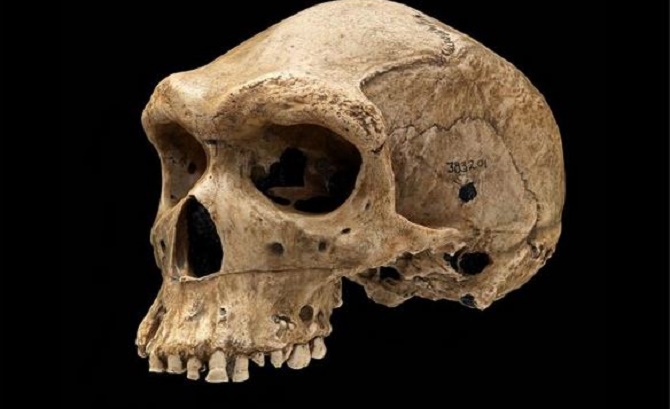-
Likes:
2
- Date: 01 February 2017
- Comments: (0)
Scientists Discover New Fossils Claimed to be the Oldest Human Ancestors

In a research paper recently published in the journal Nature, scientists claim to have found fossilized traces of humanity’s oldest known ancestor.
Thought to have lived as long as 540 million years ago, the new fossil appears to be the oldest deuterostome found to date. Deuterostomes are a large group of animals that includes vertebrates (such as humans) as well as starfish and urchins.
Discovered in sedimentary rock in Xixiang County in the Shaanxi province of central China, the species has been dubbed Saccorhytus coronarious for its bag-like, globular body and large mouth. Just one millimetre in length, the tiny animals are believed to have lived on the sea bed, where they would have nestled between grains of sand and moved by wriggling. The researchers say that fossils are exquisitely well preserved.
The study suggests that the creature had symmetrical body covered with a thin, flexible skin. Perhaps its most striking feature, however, was its rather primitive means of eating food and then dispensing with the resulting waste. Saccorhytus had a large mouth and probably ate by engulfing food particles, or even other creatures.
The study was carried out by an international team of researchers, from the UK, China and Germany. Among them was Prof Simon Conway Morris, professor of palaeobiology at the University of Cambridge. He told BBC News: “We think that as an early deuterostome this may represent the primitive beginnings of a very diverse range of species, including ourselves. All deuterostomes had a common ancestor, and we think that is what we are looking at here.”
Degan Shu, from Northwest University in Xi’An, Shaanxi Province, where the fossils were found, said: “Saccorhytus now gives us remarkable insights into the very first stages of the evolution of a group that led to the fish, and ultimately, to us.”



